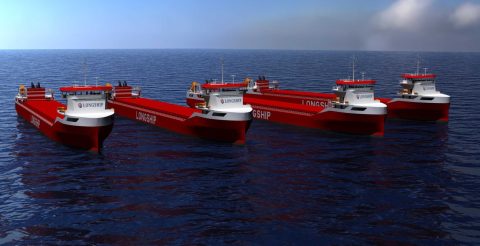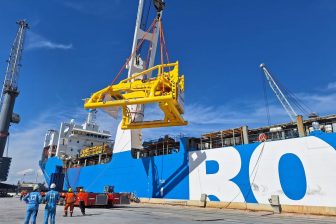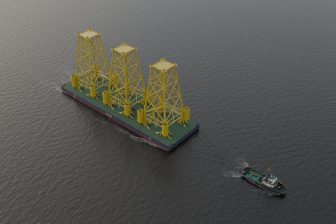
Longship and Ankerbeer develop new ship design suitable for breakbulk and project cargo
Longship and Ankerbeer develop new ship design suitable for breakbulk and project cargo Longship
Groningen based shipping company Longship have joined forces with the compatriot naval architect, Ankerbeer to develop an innovative ship design. The new design aims to reduce emissions and is compliant with the EU Stage V standards applicable to non-road mobile machinery (NRMM).
Want to read more?
Register now to read more premium articles.




